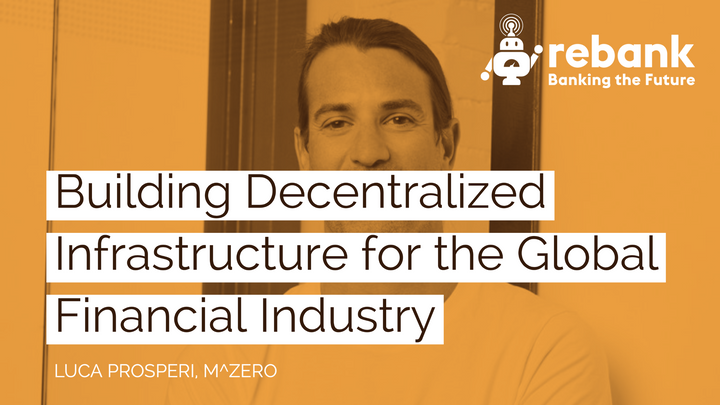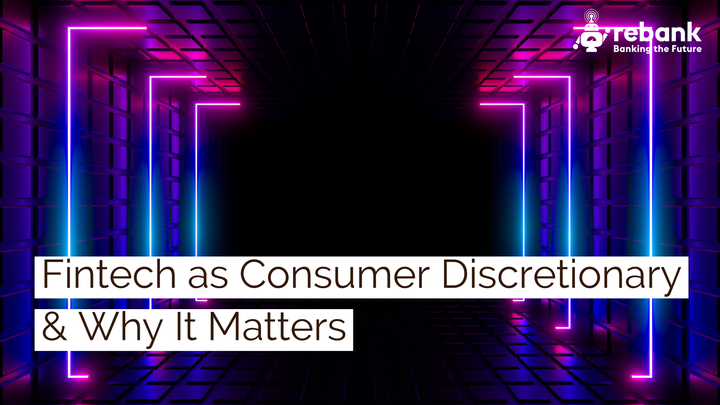The Role of Open Source in the Future of Fintech

We were joined by Gab Columbro, Executive Director of FINOS, the fintech open source foundation, on Episode 89 of Rebank Podcast. Here are the key takeaways from that conversation:
Using open source practices enables financial services to collaborate to improve all aspects of the industry workflow, including trading, settlement, payments, risk management, compliance, reporting and more.
Blockchain is a great example. To ensure buy-in, all parties should have open access to code and be able to use, develop, maintain and share it openly. Closed, proprietary software cannot be trusted in the same way that open software can be.
How do you make open source software commercial while sticking to the core philosophy of collaboration? The trick is to pick your use case well. Infrastructure lends itself to open source, whereas value added services do not.
The myth that open source is antithetical to commercialization and incapable of supporting profitable business models needs to be debunked in financial services. It has been debunked in other industries already.
There are some important factors that make open source difficult in banking, including regulatory and compliance considerations. It may take a bit more work to get financial services on board with open source, but it will happen. The solution may be to help the industry see not only how they can do open source but most importantly why.
Open source isn't about free software. It's about collaboratively working to build infrastructure that makes more sense for the industry to own together than for single software vendors to own individually.
It's much more intelligent to share development of technology and systems when those are non-differentiating. If you do that, you can spend your time and resources developing value adding systems.
Open source is a business model, not just a way of developing software.
In open source systems, there's no secret to the way they're built. It's the scale of the network and the reach that create the value, and that's not easily owned. In fact, infrastructure ownership by a single, profit-driven corporation is more likely an obstacle to widespread adoption than an advantage.
Open source is the future of the platform model.
There are different levels of maturity among incumbent banks in terms of open source readiness. In any case, it has improved dramatically in the last two or three years.
Developers at big banks like open source and are more than happy to contribute. Senior executives at banks increasingly understand the benefits of open source. The biggest problem is middle management, who for cultural, generational or incentive reasons don't get it.
Are we in the midst of a big bait and switch, in which profit-motivated corporations are getting involved in open source now for their own future financial gain? Will they turn the screw medium term in an effort to extract more profits? Will they lose interest after the CSR/PR benefits wear off and drop the open source community? Gab doesn't think so.
If you're interested in learning more about open source in financial services or the work FINOS is doing to deliver the Symphony Messaging Platform and other open source trading applications, check out the full episode at: /bringing-open-source-financial-services-finos/


